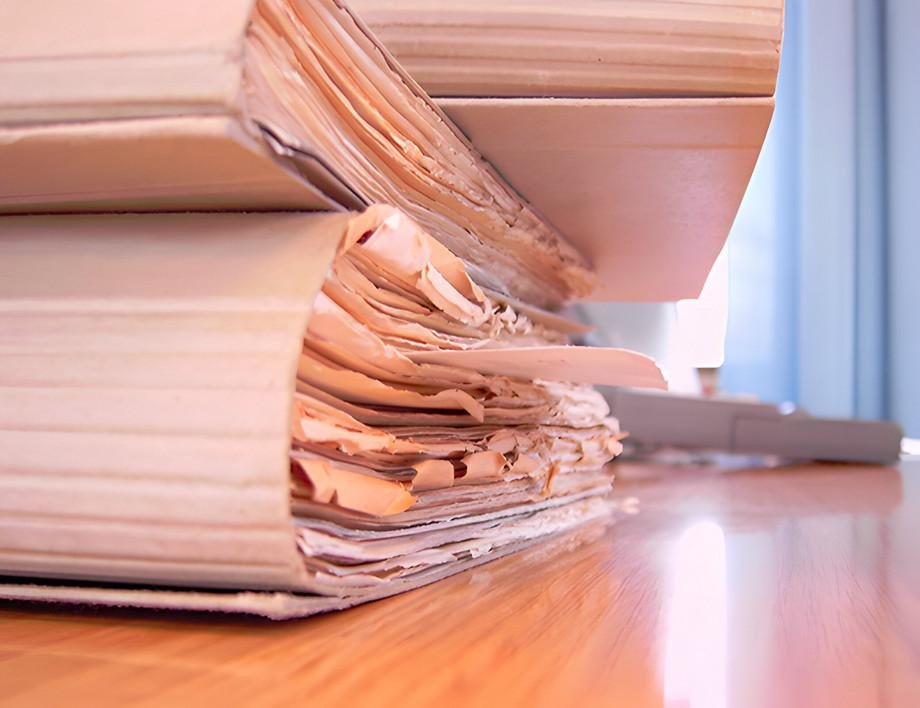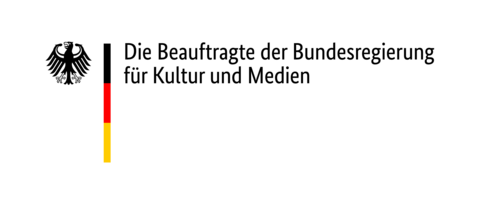Details
Tracing the footsteps of Volga Germans in post-Soviet archives


Enticed into the Russian Empire by Tsarina Catherine II, ethnically German Russians (also known as Volga Germans) left many traces in Russia and the post-Soviet states. A research group at the University of Passau is now tracing their footsteps and collecting their findings in a handbook to facilitate future research in this area.
Catherine the Great, of German descent herself, signed a decree in 1763 initiating the migration of German settlers to Russia:
“We, Catharine the Second (…) Permit all foreigners to come into Our Empire to settle in all governorates as each one may desire.”
This historic manifesto marks the beginning of the history of Volga Germans, triggering the migration of German settlers to the Russian Empire. At the same time, the document itself is a trace Germans left in Russia.
Research group from Passau collates findings
A research group at the Chair of Modern and Contemporary History of Eastern Europe and its Cultures (German), led by Professor Thomas Wünsch, has committed itself to systematically collecting the traces of Volga Germans in order to facilitate future research in the field. The group wishes to compile a source-based handbook giving an overview of present-day archives and their holdings in Russia, the post-Soviet states and Germany. The project is funded by the Federal Government Commissioner for Culture and the Media (German).
The term ‘Volga Germans’ describes those German migrants – who were mostly peasants and craftsmen – who followed Tsarina Catherine II’s call, as well as their descendants. The group has had a vicissitudinous history – from initially becoming well-integrated in the Tsarist society to deportation and forced resettlement within the Soviet Union. Thus, their traces are found in various archives in Germany, the Ukraine, Siberia and Georgia, presenting the researchers with great challenges when collecting comprehensive data.
Sometimes, traces of the ethnic Germans’ culture are found in utterly unexpected places, such as the Russian State Archive of Literature and Arts. The archive keeps documents on the German theatre in Engels, the former capital of the Autonomous Socialist Soviet Republic of the Volga Germans until 1941.
Impulse conference in Russian language held in 2015
The researchers learnt of these documents during a Russian-language conference from 5 to 7 November 2015 at the University of Passau. Representatives of several Russian and Ukrainian archives took part in the conference, among them an archivist of the Russian State Archive of Literature and Arts, who gave a lecture on the political and ideological significance of the German theatre in Engels. The conference was meant to generate impulses for the project, establishing contact with the archivists and forming a basis for the group’s current work. Conference proceedings (German)
A network of experts
Passau’s research group bases its work on the exchanges between archivists and experts in the field of German-Russian history. A second conference currently being planned. The handbook, a comprehensive collection of sources on German-Russian history, will be published at the end of the two-year project. The first part will be devoted to potential prospects: Which fields are yet to be explored? What new approaches are possible? In its second part, the handbook will list sources of German-Russian history in Germany, Russia and the post-Soviet states, especially the Ukraine, Kazakhstan, Kyrgyzstan, Georgia and Moldova.
| Principal Investigator(s) at the University | Prof. Dr. Thomas Wünsch (Lehrstuhl für Neuere und Neueste Geschichte Osteuropas und seiner Kulturen) |
|---|---|
| Project period | 01.11.2016 - 31.10.2019 |
| Website | http://www.phil.uni-passau.de/index.php?id=9320 |
| Source of funding |  BKM - Beauftragte/r der Bundesregierung für Kultur und Medien |
| Projektnummer | ZMV 12- 2516DK0624 |
| Themenfelder | Geschichte, Geschichte allgemein, Neuere und neueste Geschichte |
| Förderhinweis | This project is funded by the Federal Government Commissioner for Culture and the Media. |

